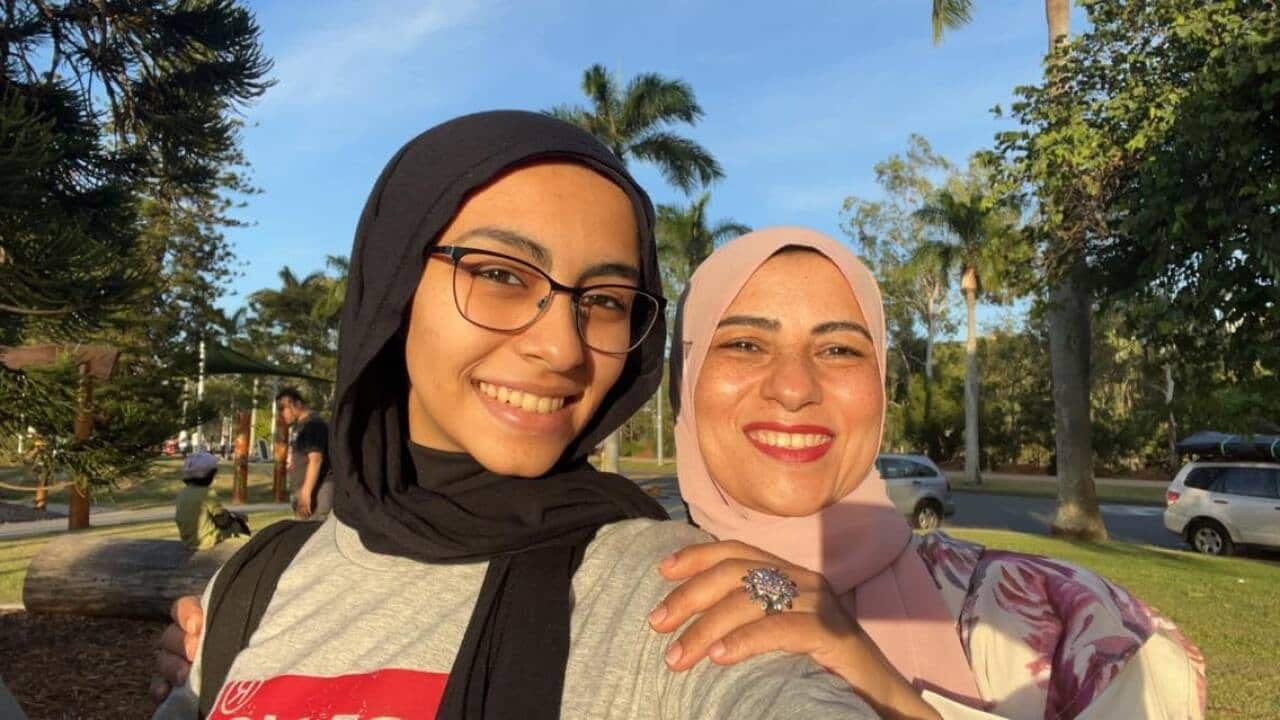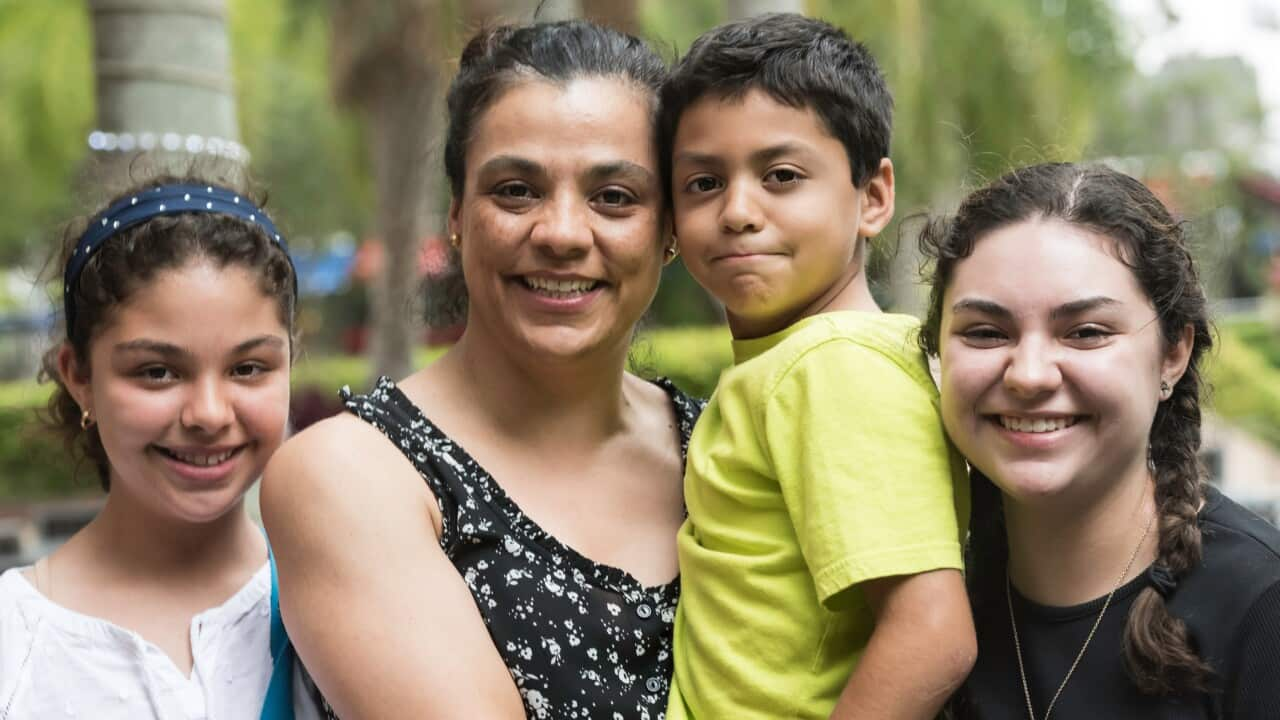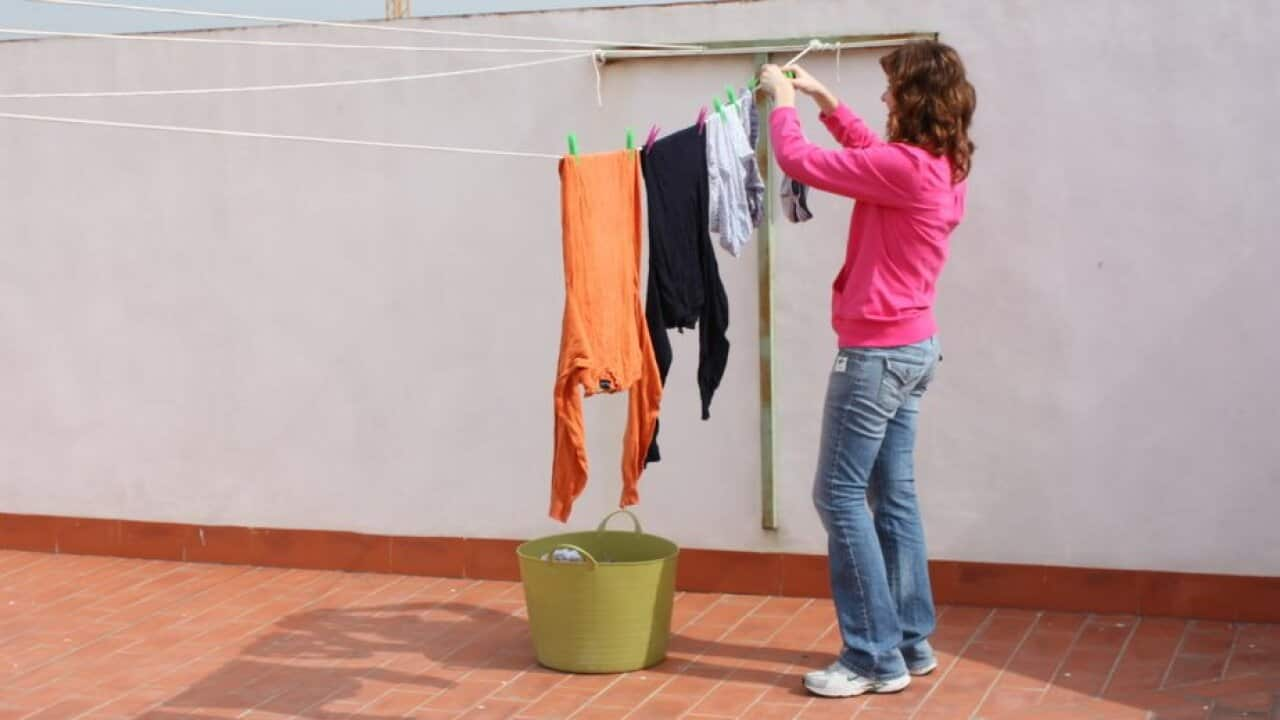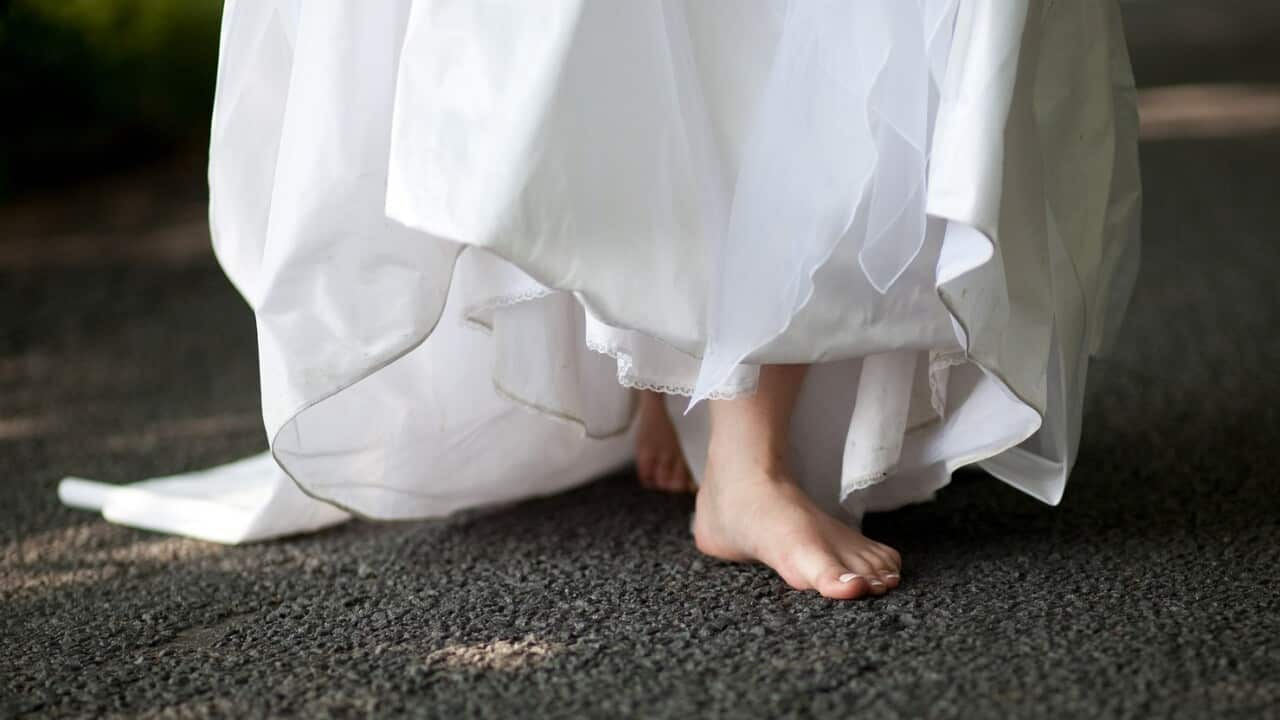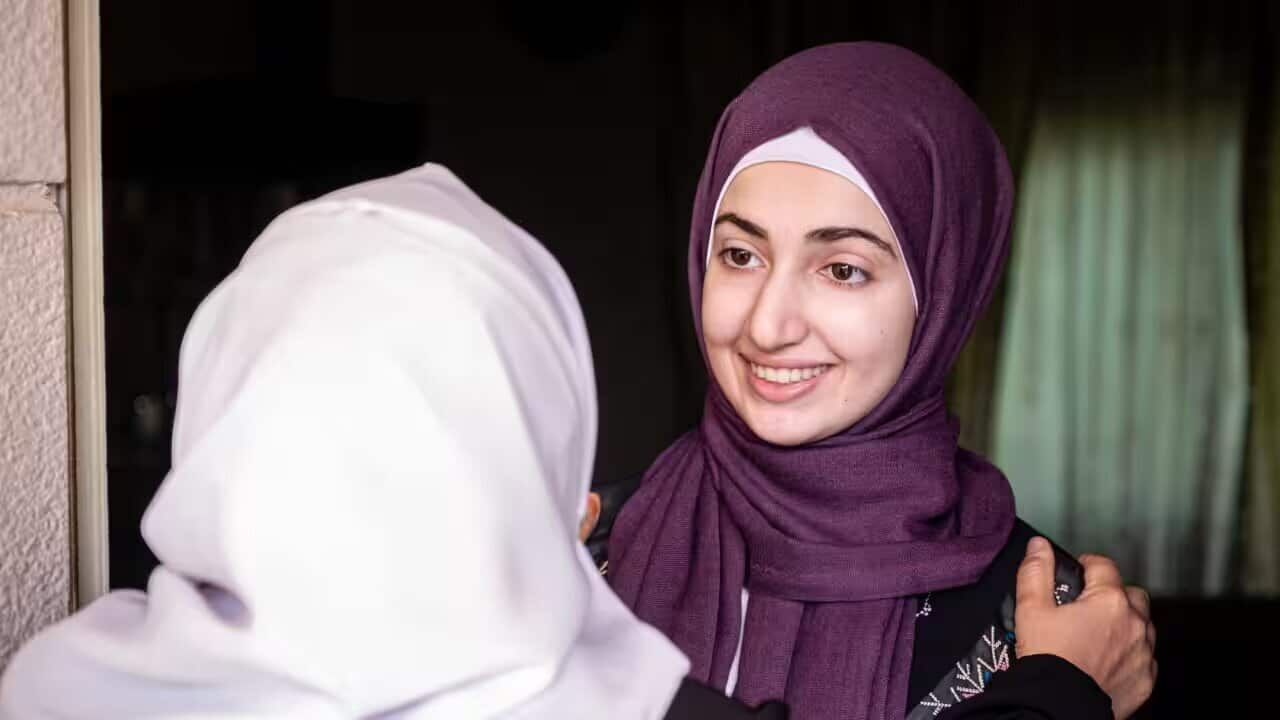Key points
- Feminism means different things to different people, cultures and communities.
- Media representation of feminism, especially in Arabic, is a big issue, says activist Eman Al-Dasuqi.
- 'She' podcast is a space for Arab migrant women to share their stories about overcoming challenges and find success in Australia and in Arab countries.
Eman Al-Dasuqi, a human rights activist, says feminism to her is about creating a just and fair society that respects women's rights.
“It is the demand for social justice and human rights. In fact, it seeks justice and fairness for women,” she told SBS Arabic24.

Women's empowerment activist Eman El-Desouki Credit: Supplied
“The way feminism is represented in the media, especially Arabic, is biased as if it is a declaration of war between men and women,” she says.
Some media portray feminists as if they're haters of men. This is not true! Feminism will not achieve its goals without men.Eman Al-Dasuqi, human rights activist
Dr Randa Abdel Fattah, a specialist in sociology at Macquarie University, explains that ever since the first wave of feminism in America, which is commonly said to have begun in New York in 1848, the movement has split opinion.

writer and scientologist Dr Randa Abdel Fattah
Arab communities are not the only ones that have different opinions about feminism, the same is the case with Western societies.Dr Randa Abdel Fattah, specialist in sociology at Macquarie University
Isra Sedda is an activist who works to empower immigrant women in Australia.
She says some people, especially in Arab society, accuse feminists of trying to destroy established customs and traditions.
But she points out that some social norms really need to be fought.
“Eastern Arab society is affected by patriarchy and global masculinity. It is a set of official or socially recognised behaviours, ideas and laws based on the belief that men should dominate women and legalise their authority in all fields.”

Women's rights activist Isra Sedda
Some beliefs have become firmly established and accepted, such as that nothing can tarnish a man's reputation, while women are always surrounded by shame and prohibitions which justify harassment, rape and blaming the victim.Isra Sedda, activist
Mrs Al-Dasuqi, too, says feminism is a “rebellion” against societal conditions that restrict women.
“Customs and traditions are not holy texts, but behaviours, and some are the right ones, others are oppressive. Feminism is a rebellion against global systems whose most prominent features are masculinity. In Australia, we add features such as Anglo-Saxon ethnicity and belonging to the middle class.”
According to Dr Fattah, many in Arab communities see Arab feminists as copies of their Western counterparts and therefore promoters of alien ideas.
“Some people's rejection of feminism is based on their belief that we are talking about the model they see in the media of Western women defending a Western model. This is the problem because as an Arab and a Muslim I believe that equality, justice, dignity and freedom are part of Islam and Arab culture.”
Mrs Sedda explains that many Australian Arab women are proud to have created a unique human rights approach that represents them and the society they want to live in.
I have reservations about feminism that originated in the West as it has some views that defy my religious foundations, such as the concept of gender. Despite the noble goal of feminist movements, some of them have turned into a conflict between the sexes.Isra Sedda, activist
Dina Saleem is a novelist whose writing foregrounds women and their issues.
She says people often ask what feminists are seeking to achieve today since many laws and regulations have already been put in place to ensure women's rights.

writer Dina Hanhan
I am a supporter of women and, in my opinion, the more we write about women, the more we put our hand on the wound to temporarily heal it. This woman should wake up and know that she is a beautiful being. Where is the woman who used to rule the world?Dina Salim Hanhan, novelist
Dr Fattah stresses that positive societal change starts at home and then extends to educational, religious and economic institutions.
Change starts with what we teach our children and what they see in terms of behaviour and treatment at home.Dr Randa Abdel Fattah
Activist Ms Sedda believes that women have an active role not only as beneficiaries of change but also as makers of change.
“Masculinity is not only for men. There are women who believe in it. It is natural to find women who are satisfied with injustice and reject change.”
Mrs Al-Dasuqi says that despite much progress in the field of women's empowerment, there is still a long way to go for those seeking a society that is fair to all.
“Despite the feminist movement, statistics tell us that women in Australia still receive a lower salary than their male peers in the same position, and women are still victims of domestic violence ... does it not call for all this anger and pain?”




